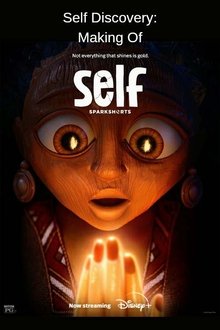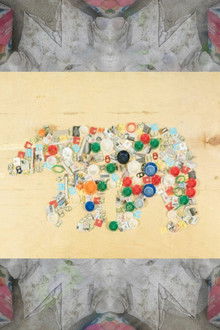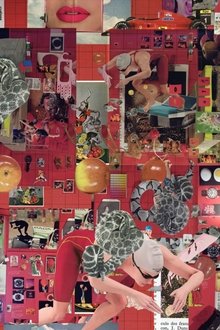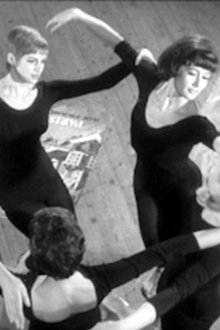The filmmaker's father and uncle, Norm and Stan, are third generation Japanese Americans. They are "all American" guys who love bowling, cards and pinball. Placed in the Amache internment camp as children during World War II, they don't think the experience affected them that much. But in the course of navigating the maze of her father's and uncle's pursuits while simultaneously trying to inquire about their past, the filmmaker is able to find connections between their lives now and the history that was left behind.
Related Movies
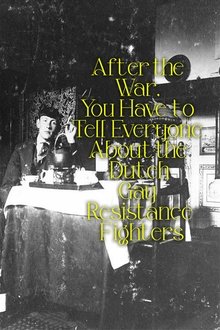
After the War, You Have to Tell Everyone About the Dutch Gay Resistance Fighters (1991)
Many members of the Dutch Underground were gay and lesbian. This film pays homage to them and recounts their story.
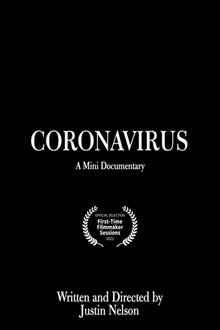
Coronavirus (2020)
Struggling with fear, tension, and anxiety amid the early stages of the COVID-19 pandemic, a high school student reflects upon what really matters.
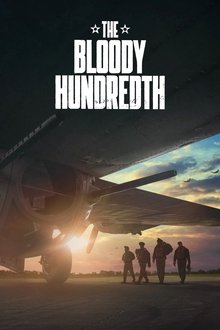
The Bloody Hundredth (2024)
Meet the real-life airmen who inspired Masters of the Air as they share the harrowing and transformative events of the 100th Bomb Group.
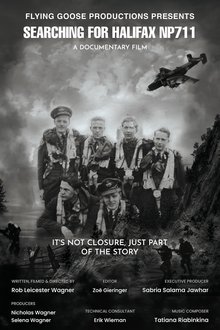
Searching for Halifax NP711 (2023)
On February 21, 1945, the Royal Canadian Air Force Halifax bomber NP711 with a crew of seven men took off from the Linton-on-Ouse air base in England for a bombing raid over Worms, Germany. The bomber never made it to its target. The Halifax was struck by anti-aircraft fire and crashed into a mountainside near Leistadt, Germany. All crew members were killed. The crash was so horrific that the wreckage was strewn over 1,000 meters. Seventy-seven years later the wreckage was recovered and the site was deemed a gravesite for the perished crew. This documentary film examines the last days of the seven-member crew and the recovery of the wreckage of Halifax NP711.
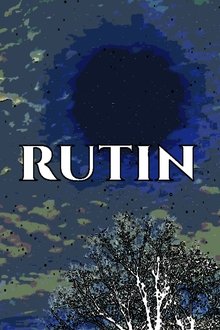
Routine (2025)
An experimental half-documentary half-fiction about a young person’s routine of getting to sleep and waking up.
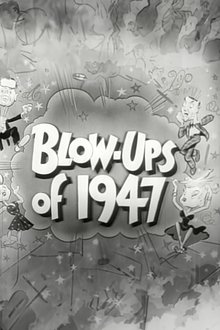
Blow-Ups of 1947 (1947)
Flubs and bloopers that occurred on the set of some of the major Warner Bros. pictures of 1947.
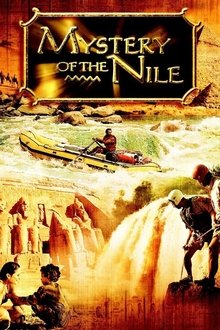
Mystery of the Nile (2005)
Filmed in IMAX, a team of explorers led by Pasquale Scaturro and Gordon Brown face seemingly insurmountable challenges as they make their way along all 3,260 miles of the world's longest and deadliest river to become the first in history to complete a full descent of the Blue Nile from source to sea.
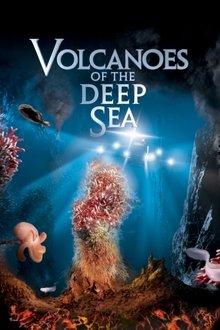
Volcanoes of the Deep Sea (2003)
12,000 feet down, life is erupting. Alvin, a deep-sea mechanized probe, makes a voyage some 12,000 feet underwater to explore the Azores, a constantly-erupting volcanic rift between Europe and North America.
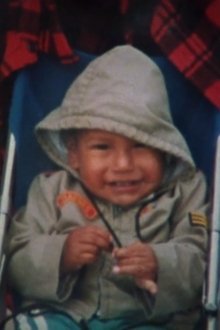
A Safe Distance (1986)
The short documentary looks at some innovative approaches to providing services and accommodation for battered women in rural, northern, and Native communities. Filmed in Thompson and Portage La Prairie, Manitoba, and West Bay Reserve, Ontario, the film introduces the women who operate and use various types of accommodation such as transition houses, transition apartments, and safe houses. The shelter on West Bay Reserve is singled out as a project that was built by women for women to stand as a reminder that the Reserve will not tolerate violence against women. A Safe Distance is part of the The Next Step, a 3-film series about the services needed by and available to battered women.


